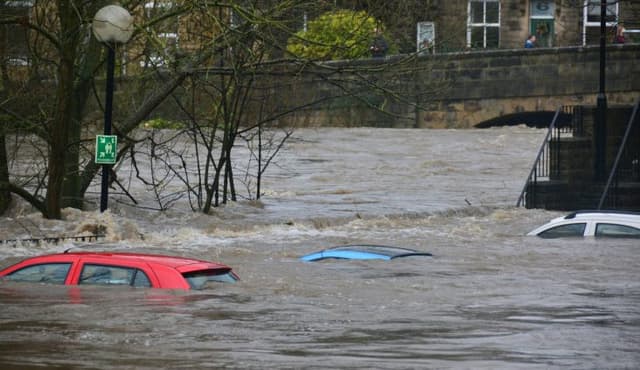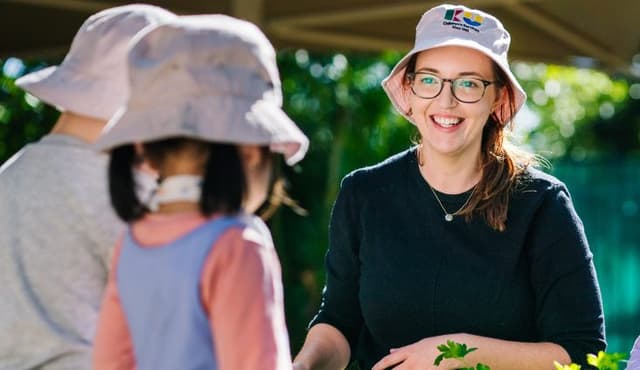Professional development
New online qualification will support professionals to recognise the signs of abuse

Freya Lucas
Sep 05, 2023
Save
The University of South Australia (Uni SA) has developed a new qualification in response to the “alarming rates of child abuse, particularly sexual abuse” being faced by Australia’s children.
Nearly one in four Australians report they experienced childhood sexual abuse, a staggering statistic which highlights the need for enhanced workforce support.Developed in the wake of the Royal Commission into Institutional Responses to Child Sexual Abuse, the qualification is significant – it’s the first tertiary accredited postgraduate qualification for frontline practitioners, and will help those who work professionally with children to recognise the signs of abuse, to understand its impacts, and to develop evidence informed and tailored responses.
A core recommendation of the Commision was that more training and workforce capacity building was needed for those who work in residential care, in child protection, and for foster carers and relatives.
Despite the course being designed to address those specific needs, it will also hold value for those in aligned sectors – such as early childhood education and care – who are often exposed to disclosures from children, who work with children who have suffered from abuse and neglect, and with families who may be engaging in harmful behaviour.
“Child sexual abuse and the trauma that accompanies it is easy to miss if you don’t know the signs,” explained UniSA-based Australian Centre for Child Protection (ACCP) Deputy Director Practice Amanda Paton. Social workers and psychologists often graduate from university without any understanding of child sexual abuse or signs of trauma related to abuse, she continued. Those who work with children and families in remote and regional contexts, including First Nations people and those without tertiary qualifications – albeit with a lot of experience – are disadvantaged because existing courses are too expensive, confined to cities, restricted to those with previous university degrees, and only offered face-to-face. “It’s unreasonable to expect people to leave their jobs for an extended time to undertake training, particularly in the child protection sector which is already overworked, overwhelmed, and has a high burnout rate,” she said.
“We believe this 100 per cent online qualification which integrates case examples, clinical expertise and valuable sessions to explore and embed understanding, will equip professionals with the additional skills to help identify and treat child abuse, including sexual abuse.” State governments in South Australia and Western Australia have already sponsored 40 practitioners to complete the online qualification. National enrolments for 2024 open to the public this month. More information about the graduate certificate, including how to apply, can be found here.
Don’t miss a thing
Related Articles



















